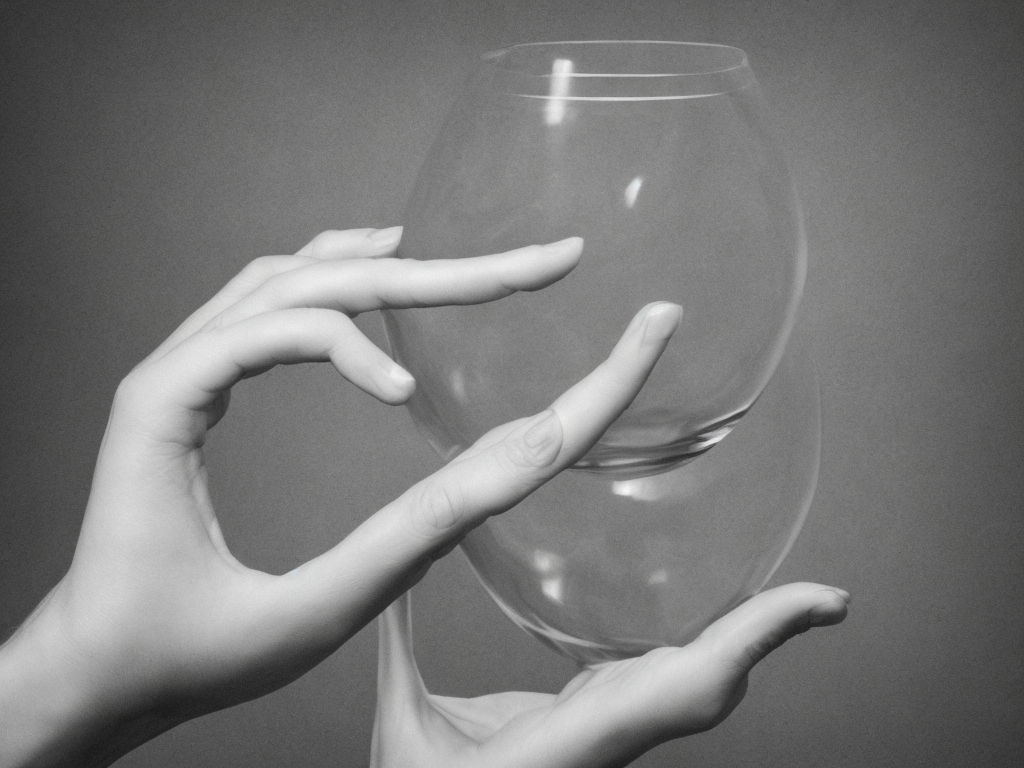
As an AI language model, I can help you understand the difference between can and could. These two words are often confused and used interchangeably, but they have different meanings and uses. Can is the present tense form of the verb, while could is the past tense form. Here, let me break it down for you.
Can
Can is used to express ability or possibility. It indicates that someone has the skill, knowledge, or resources to do something. For example:
- I can swim.
- I can speak four languages.
- The car can go up to 200 miles per hour.
In these examples, can is used to show that the subject has the ability or possibility to swim, speak four languages, and drive the car at a high speed.
Can is also used in requests and permission. When asking for something or making a request, can is a polite way to do so. For example:
- Can you pass me the salt, please?
- Can I borrow your pencil?
In these examples, can is used to ask for permission or make a request.
Could
Could is the past tense form of can. It is used to indicate that someone had the ability, knowledge, or resources to do something in the past. For example:
- When I was younger, I could run a mile in under six minutes.
- He could speak fluent French when he lived in Paris.
- The old computer could process data much faster than the new one.
In these examples, could is used to show that the subject had the ability to run, speak French, and process data in the past.
Could is also used to make polite requests. It is a more formal way to ask for something or make a request than using can. For example:
- Could you please pass me the salt?
- Could I possibly borrow your pencil?
In these examples, could is used to make a polite request.
There is also another usage of could when it is used to show possibility. In this context, it is often used with the word ‘if’. For example:
- If I could fly, I would visit every corner of the world.
- The weather forecast said it could rain tomorrow.
In these examples, could is used to show the possibility of flying to different places or raining the following day.
Difference between Can and Could
One of the main differences between can and could is their tense conjugation. Can is present tense, and it indicates that someone has the ability or possibility at this moment, while could is the past tense, and it indicates that someone had the ability or possibility in the past.
Another difference between them is the level of politeness when making requests. Could is considered to be a more polite way of making a request than can. This is because saying "Can I have a glass of water, please?" may sound more like a demand, whereas "Could I possibly have a glass of water?" is more polite and asks for permission.
Furthermore, could is also used to express a hypothetical or conditional situation while can is used to show possibility. When using could in a sentence that includes ‘if’, it is used to suggest a hypothetical situation, one that may never happen like ‘If I could fly’. On the other hand, can is used to show possibility but it emphasizes something that is more likely to happen than the hypothetical situation stated using could.
In conclusion, can and could have different meanings and uses. Can is present tense, while could is the past tense. Can is used to express ability or possibility and in requests and permission, while could is used to indicate that someone had the ability, knowledge, or resources to do something in the past and in making polite requests. Therefore, it is essential to use them appropriately and avoid any confusion that may arise when they are not used correctly.
 Self-Instruct
Self-Instruct